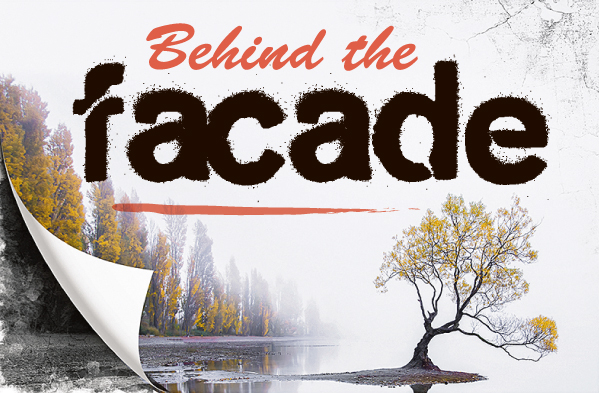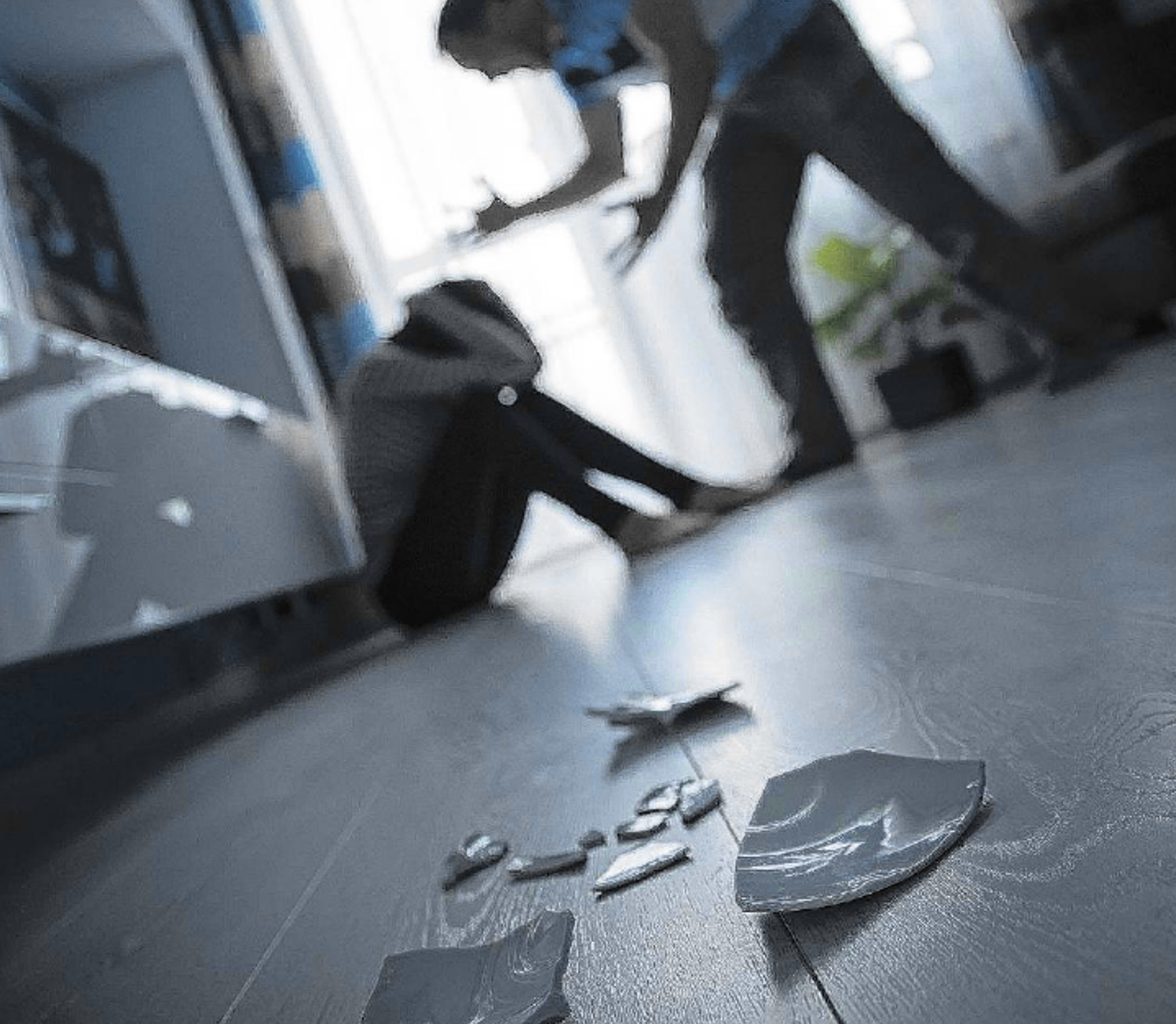Content warning: Over the month of November, Behind the Facade will explore topics around violence and assault. If this is something that may be or, during the process of reading, becomes triggering or distressing, please reach out to safe, supportive networks. Additional community-based support services have been included at the end of the article.

Family harm is a term regularly used in the weekly Crimeline reports by Wanaka Police. But what is it, and what does it look like in our community? Aspen Bruce reports.
The United Nations defines family harm, domestic abuse/ violence or intimate partner violence as a pattern of behaviour in any relationship that is used to gain or maintain power and control over an intimate partner.
This includes physical, sexual, emotional, economic or psychological actions or threats that influence another person.
Gathered from weekly Crimeline reports released by Wanaka Police, about 39 family harm incidents have been reported in Upper Clutha since the start of the year.
Requests to the Ministry of Social Development for regionwide data were declined due to privacy reasons.
For Gennady Sharpe, who moved to Wanaka four years ago after leaving an abusive relationship, the abuse started out as mental abuse.
“He would judge the clothes I was wearing, judged how my hair sat, my body shape and, as our relationship progressed and got more serious, the judging became a lot harsher, but I think I was already mentally in that kind of relationship,” she said.
Nine months into the relationship, the abuse became physical.
One of the misconceptions around abuse was that it happened all the time, but abuse was like an addictive cycle, she said.
“The lows were really low, but the highs were really high. . .and so the highs were the kind of things that kept you there,” Ms Sharpe said.
She acknowledged the common confusion about why people in abusive situations “don’t just leave”.
‘‘Abusive relationships aren’t bad 100% of the time, it’s maybe a 60/40 . . .60 might be absolute hell, but that 40 is nothing that you ever feel in any other relationship. Because it’s hectic, it’s so special. I think that’s what makes people stay,’’ Ms Sharpe said.
She described the difference between the highs and lows of the abuse cycle.
‘‘If he said something nasty, and I said ‘that was nasty and hurt my feelings’, then he would say sorry and apologise. Cook me dinner, cuddle me on the couch and watch my favourite movie.’’
On the days he abused her mentally or physically to a bad degree, she sat there wondering how to leave.
‘‘I would cry and be sitting there thinking ‘how do I get out?’, then the next day there was a huge bouquet of flowers or he had booked us a weekend away,’’ Ms Sharpe said.
For Jamie Addison, he saw family harm and violence towards men and women throughout his early life.
‘‘It was one of the things that was very common in my life, not knowing any better. . . being told to harden up, ‘what are you crying about only girls cry’, ‘you want something to cry about . . . ’ were the key downloads I received from male role models growing up,’’ he said.
‘‘Although I did not surround myself in my own personal relationships with the real impact of hitting women, my behaviour was still violent nevertheless, and something needed to change.’’
In 2007, he relocated with his wife and children and joined the Moana House Programme in Dunedin.
The 12-month programme is an established residential therapeutic community for adult male offenders and offers professional group therapy, alongside work and life skills.
He credits the programme for turning his life around.
‘‘One of the things that needed to change was my aggressive, angry stance on the world, antisocial personality and addiction to substances,’’ Mr Addison said.
Ten years of study in the therapeutic space has seen Mr Addison now work as a counsellor alongside addiction and trauma clients in Central Otago, Southland and the wider Dunedin area.
In 2014, ACC introduced Integrated Service for Sensitive Claims (ISSC), providing therapeutic support to survivors of sexual violence.
ACC service delivery deputy chief executive Amanda Malu said ISSC allowed survivors of sexual violence to access immediate pre-cover support.
‘‘Which ensures they receive help and allows them time to make an informed choice about whether they will proceed to a supported assessment for cover,’’ Ms Malu said.
This included access of up to 14 hours of one-on-one therapy, up to ten hours of social work and upto 20 hours of family/whanau support without the requirement for cover, she said.
Across the Queenstown-Lakes District, 42 new ISSC were lodged in 2019, 50 in 2020, 78 in 2021 and 47 in 2022 (as of October).
The location data obtained by ACC regarding sensitive claims relates towhere the clients lived at the time their claim was lodged, and not where the sexual violence happened.
ACC acknowledged that many survivors of sexual violence may take months or years before lodging a claim.
ACC sensitive claims are given through registered therapeutic providers such as registered psychologists, counsellors and social workers.
Queenstown Lakes District has 24 individual providers registered to support survivors lodging claims.
Where to find help:
Shine (domestic violence) — 0508 744 633 Women’s Refuge — 0800 733 843 (0800 REFUGE) Need to talk? — Call or text 1737 What’s Up — 0800 942 8787 (0800 WHATS UP) Lifeline — 0800 543 354 Youthline — 0800 376 644 or text 234 Samaritans — 0800 726 666 Depression Helpline — 0800 111 757 Suicide Crisis Helpline — 0508 828 865 (0508 TAUTOKO) Shakti Community Council — 0800 742 584





